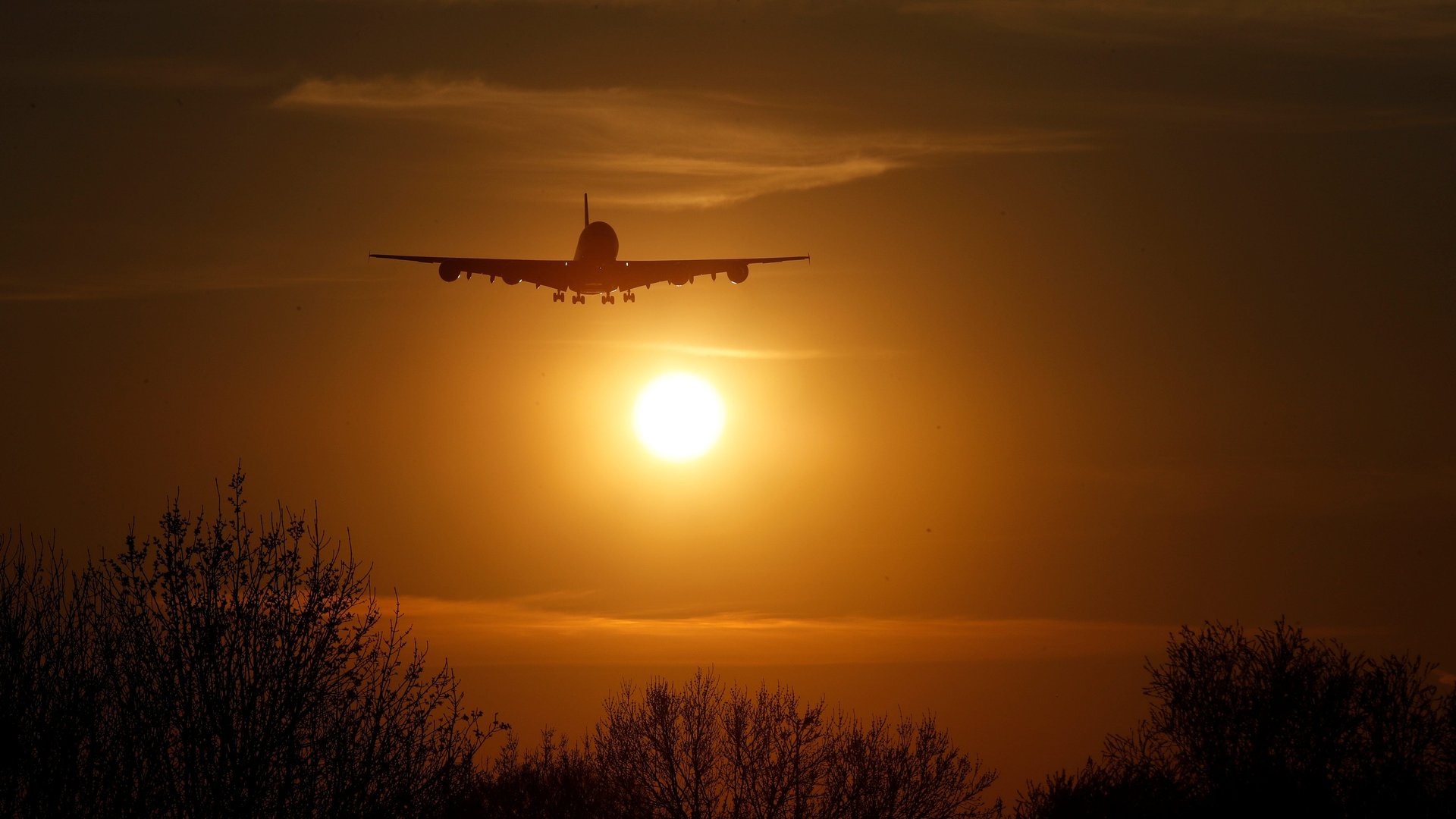The UK may force arriving passengers to self-quarantine for two weeks
UK prime minister Boris Johnson is expected to announce changes to the country’s lockdown, in place since March 23, on Sunday night (May 10). Among the proposals being floated via leaks to the UK press is one in which passengers entering the nation would be forced to self-quarantine for two weeks.


UK prime minister Boris Johnson is expected to announce changes to the country’s lockdown, in place since March 23, on Sunday night (May 10). Among the proposals being floated via leaks to the UK press is one in which passengers entering the nation would be forced to self-quarantine for two weeks.
The quarantine plan was reported by the BBC, among other sites, and said Johnson would on Sunday announce that passengers arriving at airports and ports, including nationals coming back from abroad, will have to self-isolate for two weeks, a time period Brits still refer to as a “fortnight.” The Times newspaper said that authorities would conduct spot checks, and those breaking the rules could face fines of up to £1,000 ($1,241), or deportation.
Airline UK, which represents UK-registered airlines including British Airways and Easyjet, says the move would be devastating to an industry that has been leveled by the pandemic.
“This proposal would effectively kill international travel to and from the UK and cause immeasurable damage to the aviation industry and wider UK economy,” the group said in a statement on its website. “Nobody is going to go on holiday if they’re not able to resume normal life for 14 days, and business travel would be severely restricted.”
It noted that the measures, if adopted, would further hamper the aviation industry, “thereby setting back the UK’s economic recovery still further.”
UK airlines told the BBC they were told the government will bring in a 14-day quarantine for “anyone arriving in the UK from any country apart from the Republic of Ireland in response to the coronavirus pandemic.” The new rules are expected to take effect at the end of this month.
One goal is to reduce a second wave of infections. The government is not doing so well controlling the first: Last week the UK overtook Italy to become the European country with the highest number of reported Covid-19 deaths, with the figure now above 30,000. Only the US has a higher number of deaths—more than 75,000—but its population is five times bigger than that of the UK.
Like governments everywhere, Johnson’s team is trying to balance controlling infection rates and reopening the economy, which is getting shellacked. Earlier this week the Bank of England warned that GDP could shrink 14% (pdf) this year, the worst contraction since the 18th century.
The UK implemented its lockdown later than other countries, starting with a policy of “herd immunity” before quickly u-turning to lockdown. It has struggled to hit its target of 100,000 tests a day, and now is scrambling to get a viable contact tracing policy implemented.
It is unclear how long the quarantine policy would be in effect and how it would be enforced. Even if travelers are asked to provide a residence where they will self-isolate, they could easily provide a fake one.
“We need to see the details of what they are proposing,” said Airlines UK in a statement.
London has two major airports, Heathrow and Gatwick. According to Airports Council International, 80.1 million passengers came through Heathrow in 2018, making it the world’s seventh largest airport by passengers.